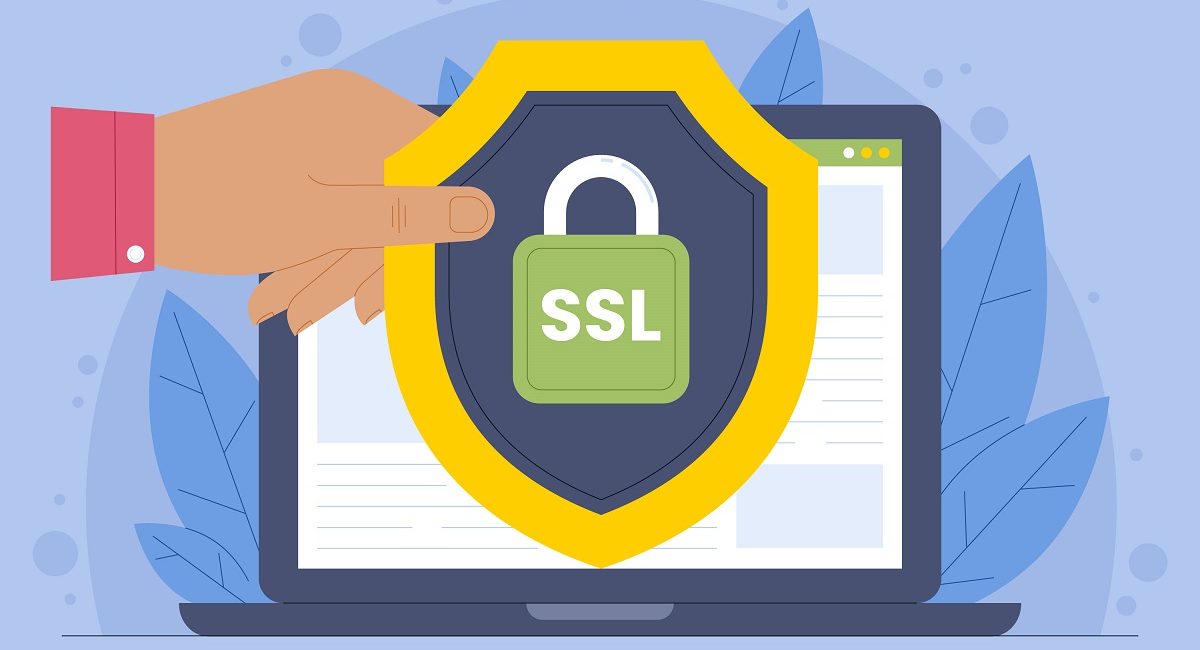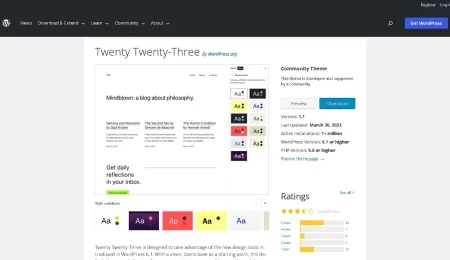SSL Certificate: Everything You Need to Know
SSL Certificate: In today’s digital landscape, ensuring the security of online transactions and protecting sensitive data is paramount. One of the fundamental tools in achieving this is the SSL certificate. This article delves into everything you need to know about SSL certificates, from their types and benefits to installation, management, and their impact on SEO and e-commerce.
Introduction to SSL Certificates
What is an SSL Certificate? An SSL (Secure Sockets Layer) certificate is a digital certificate that authenticates the identity of a website and encrypts information sent to the server using SSL technology. It ensures that data transmitted between the user’s browser and the web server remains secure and integral.
Importance of SSL Certificates in Website Security SSL certificates are crucial for establishing trust with website visitors by ensuring that their data, such as login credentials, credit card information, and personal details, remains confidential and protected from malicious actors.
Types of SSL Certificates
Domain Validated (DV) SSL Certificates DV certificates verify domain ownership and provide basic encryption, suitable for blogs, personal websites, and small businesses.
Organization Validated (OV) SSL Certificates OV certificates authenticate the identity of the organization, providing higher assurance to users about the legitimacy of the website owner.
Extended Validation (EV) SSL Certificates EV certificates offer the highest level of validation and display the organization’s name prominently in the address bar, instilling maximum trust and security.
How SSL Works
Encryption Process Explained SSL certificates use asymmetric encryption to secure data transmitted over the internet, ensuring that only the intended recipient can decrypt and read it.
SSL Handshake Process During the SSL handshake, the server and the client (web browser) establish a secure connection, agreeing on encryption methods and exchanging cryptographic keys.
Benefits of Using SSL Certificates
Data Security SSL certificates encrypt sensitive information, protecting it from interception and unauthorized access by hackers or third parties.
Authentication and Trustworthiness SSL certificates verify the identity of the website owner, assuring visitors that they are interacting with a legitimate and trustworthy entity.
SEO Benefits Websites with SSL certificates are favored by search engines like Google, which prioritize secure HTTPS websites in search rankings, potentially increasing visibility and traffic.
Choosing the Right SSL Certificate
Factors to Consider Consider the level of validation needed, the number of domains or subdomains to secure, and compatibility with your web hosting environment.
SSL Certificate Providers Comparison Compare features, pricing, customer support, and reputation of SSL certificate providers to choose one that meets your security and budget requirements.
Installing an SSL Certificate
Steps to Install an SSL Certificate Installation involves generating a Certificate Signing Request (CSR), submitting it to the Certificate Authority (CA), and installing the issued certificate on your web server.
Common Issues and Troubleshooting Address common installation issues such as mixed content errors, certificate chaining problems, and server compatibility issues to ensure proper SSL implementation.
Renewing and Managing SSL Certificates
Importance of Renewal SSL certificates have expiration dates and must be renewed periodically to maintain website security and uninterrupted HTTPS functionality.
Tips for SSL Certificate Management Use certificate management tools, set reminders for renewal dates, and keep track of updates and vulnerabilities to effectively manage SSL certificates.
SSL Certificates and E-commerce
Secure Transactions SSL certificates encrypt payment information during online transactions, protecting customers’ financial data and reducing the risk of fraud.
PCI Compliance and SSL E-commerce websites must comply with Payment Card Industry Data Security Standard (PCI DSS), which mandates the use of SSL certificates to safeguard cardholder information.
SSL Certificates and SEO
Google’s HTTPS Ranking Factor Google considers HTTPS as a ranking signal, giving preference to secure websites in search results to promote a safer browsing experience.
Impact on Website Traffic and Rankings Implementing SSL can potentially improve website traffic and SEO rankings by enhancing user trust, reducing bounce rates, and increasing dwell time.
SSL Certificate Errors and Fixes
Common SSL Errors Address common SSL errors such as SSL certificate not trusted, SSL handshake failed, and SSL certificate expired errors.
Solutions and Fixes Troubleshoot SSL errors by checking certificate validity, ensuring proper installation, updating configurations, and resolving compatibility issues.
Future of SSL Certificates
Trends and Innovations Emerging trends include the adoption of TLS 1.3 protocol, advancements in certificate automation, and increased focus on encryption strength and security standards.
Evolving Security Standards Stay informed about evolving security threats and industry best practices to adapt and enhance SSL certificate implementation and security measures.
Whether you’re a small business owner, an e-commerce entrepreneur, or a content creator, understanding SSL certificates is essential for maintaining online security standards and complying with industry regulations. From choosing the right SSL type and installation process to managing renewals and troubleshooting common errors, this guide equips you with the necessary knowledge to protect your online assets effectively.
By staying informed about emerging trends in SSL technology and adhering to best practices in certificate management, you can future-proof your website against evolving cyber threats and ensure seamless, secure interactions with your audience. Implementing SSL isn’t just about compliance—it’s a proactive step towards fortifying your digital presence and building trust with your users.




Leave a Comment